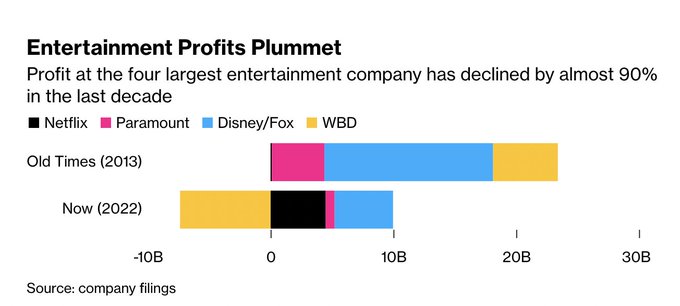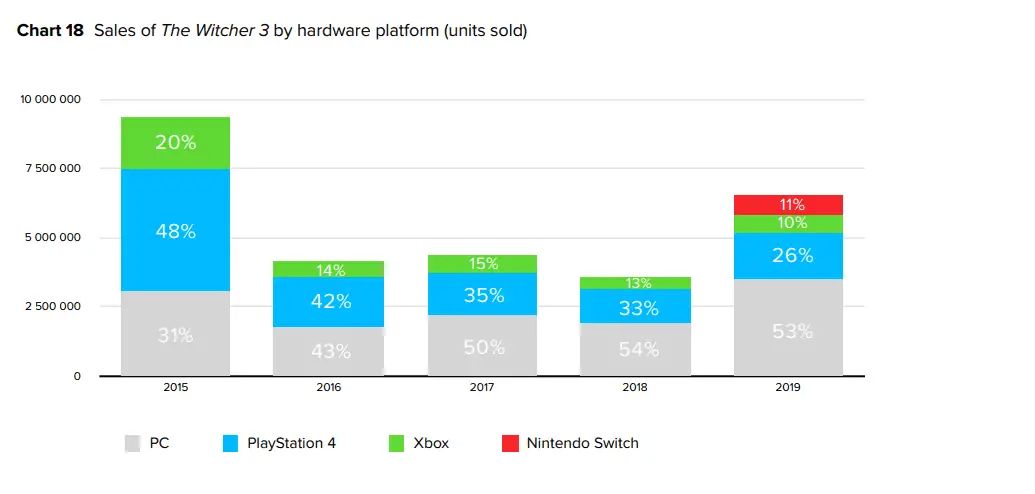DukenukemX
Supreme [H]ardness
- Joined
- Jan 30, 2005
- Messages
- 7,950
I also posted a video where new games are still effected. Nothing has changed with Denuvo with time.That was like 5-6 years ago games, could have changed quite a bit since.
That's a nice hypothesis, but can you prove it?Most of those examples in the video are within the range that can be explained by the different variables at play. Doom 2016, in particular, included stability improvements and performance updates in addition to the removal of Denuvo. These comparisons are pointless since they are not apples to apples.
Still lots of games that get cracked within a week. Some games do take longer, but the problem here is that the cracked version is better due to DRM.They have data that shows DRM is protecting sales volume,
Consumers also have a right to protect their purchase, including removing the DRM.and publishers and developers have a right to protect their investment.
When it takes longer, that's because some groups quit doing it. That's what's happening now as some cracking groups have left. New ones take time to get into it. The games that don't get cracked, weren't worth playing.The length of time it takes to crack DRM has been consistently going up, with some games not even getting cracked anymore.
We've seen many situations where DRM has made the games worse for legitimate consumers. If it isn't performance then it's needing an online connection, or limiting how many computers you can install the game you bought. The only reason Denuvo exists now is to convince shareholders that something is being done to prevent piracy, but doesn't actually prevent it. Lowering prices of games helps prevent piracy, but shareholders don't want to hear that.That isn't to say I agree with the companies utilizing DRM. Games like The Witcher 3 show it's possible to sell a high proportion of games on the PC platform when it is DRM-free across all storefronts, and the myth of the lost sale due to piracy is illogical. However, current DRM schemes are largely not affecting legitimate customers despite the constant haranguing by the loudest voices on the internet. Denuvo isn't actual malware like Starforce was back in the days of disc protection.
![[H]ard|Forum](/styles/hardforum/xenforo/logo_dark.png)


